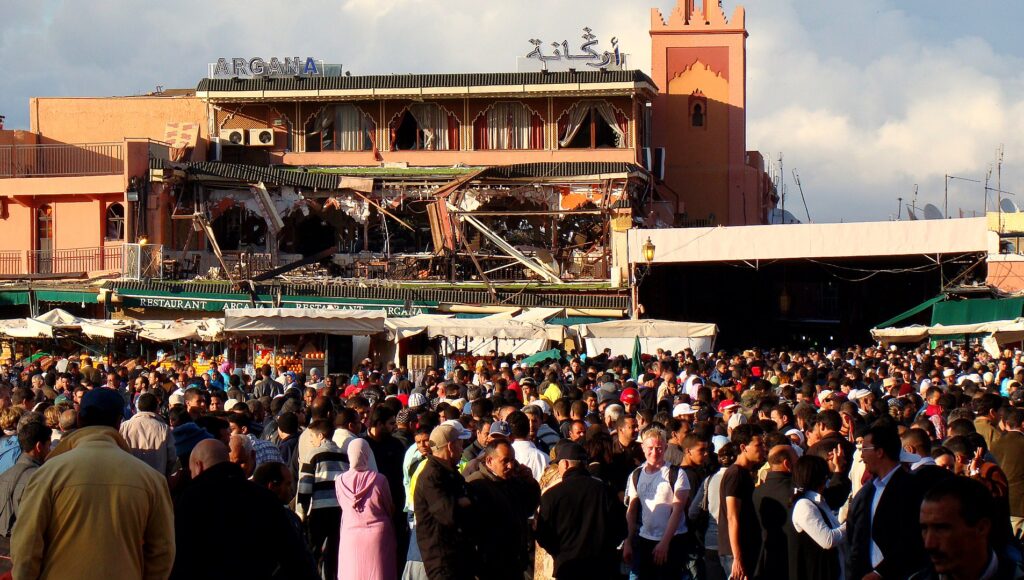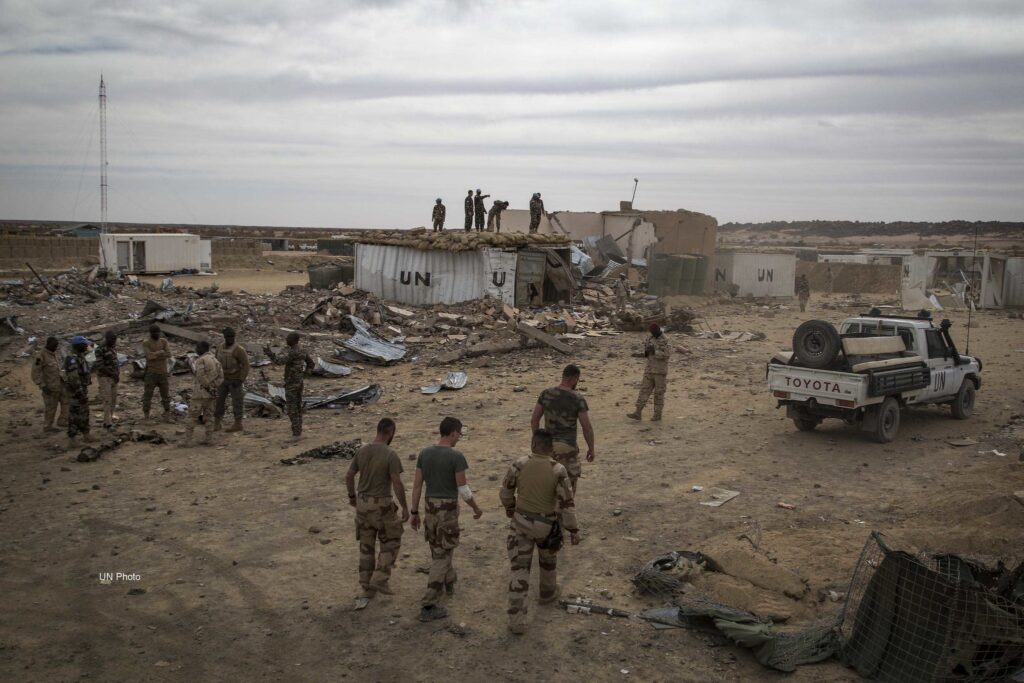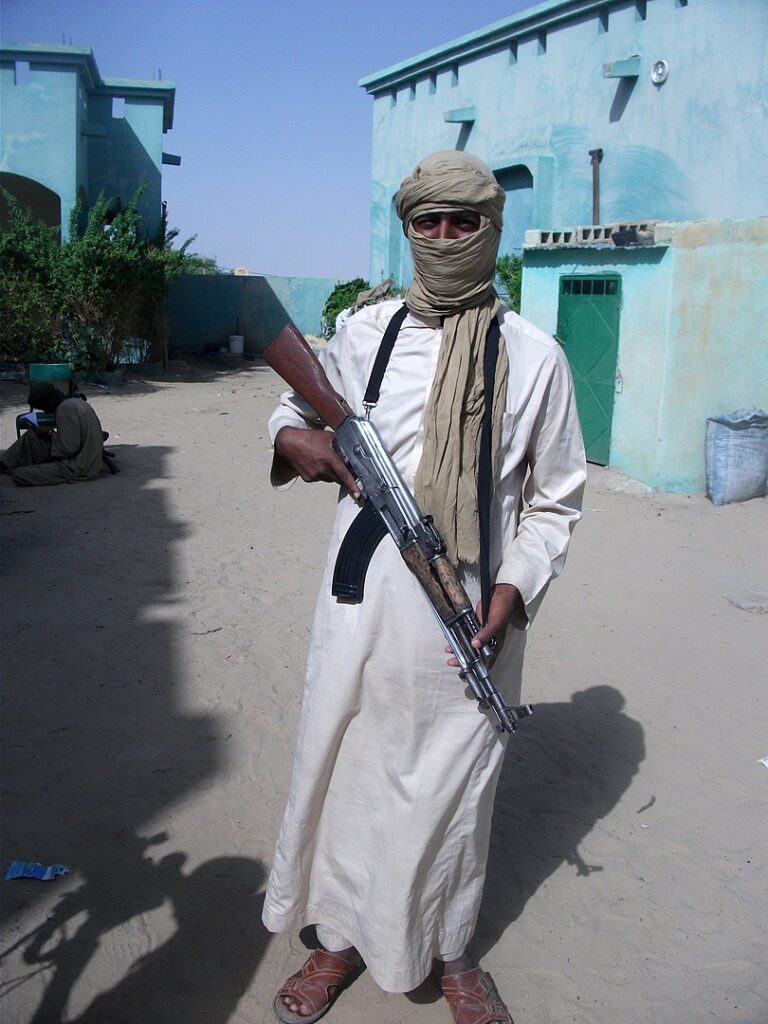On my many bookshelves in my office is a copy of The Canadian Oxford School Atlas. My edition is dated back to 1963 and it was the atlas that was prevalent when I was in elementary school in southern Ontario in the 1960s and early 1970s.
I love looking at old maps to see how things have changed. This particular book is precious to me as it has a large Canadian focus and multiple maps that show population, railways, vegetation, geology and other aspects of my home and native land.
It also reflects the political reality of the early 1960s. The map of Africa, in particular, is fascinating as it shows how that continent was seen a little more than a half century ago. There is ‘South-West Africa’ – now Namibia. ‘Southern Rhodesia’ – now Zimbabwe. The ‘Orange Free State’ – now gone.
And then there is the ‘Spanish Sahara’.

This former Spanish protectorate was ceded to both Morocco (the northern two-thirds) and Mauritania (the remaining third: Morocco later took that part as well) in 1975. Unfortunately, the residents, known as Sahrawis, did not get what they wanted, despite a promise to determine their own fate: either as part of Morocco or as an independent land to be called Western Sahara.
As a consequence, a group called the Polisario Front (PF) rose and declared an government-in-exile known as the Saharan Arab Democratic Republic (SADR). The PF launched raids against Moroccan and Mauritanian outposts from its bases in Algeria throughout the 1970s, 1980s and into the 1990s: a ceasefire was agreed to in 1991.
Not surprisingly, Morocco considers these actors terrorists and there is some intelligence to point to ties with Al Qaeda (AQ), especially the North African branch AQ in the Islamic Maghreb (AQIM). More recently, the head of Morocco’s central bureau of judicial investigations (BCIJ) noted that more than 100 PF fighters had joined the ranks of terrorist groups in the Sahel, notably AQIM.
According to Moroccan authorities, faced with “grim prospects and oppression in the camps”(NB many Sahrawis live in what can only be called refugee camps), some are becoming radicalised and are turning to terrorist groups. Morocco blames Algeria for hosting these camps and for turning a blind eye to the presence of ‘radical imams’.
The problem is that the Western Sahara issue has been kicked down the road for decades. Morocco refuses to hold a referendum to see what the Sahrawis want: is it any mystery why some now see terrorism as an outlet? Former US President Trump only made matters worse by recognising full Moroccan sovereignty over the territory in what was clearly a sop to Morocco to get it to normalise relations with Israel last December.
I am in no way justifying terrorism: I worked in counter terrorism for too long to do that. I do, however, understand the reasons why some would see this as a viable option. Decades of frustrated desires for autonomy, if not outright independence, are readily understandable motivations for actions of this order.
We all want to lessen the numbers of terrorists and terrorist groups. It would help if we were not at the same time sowing the seeds for more.
Read More about AQIM

April 28, 2011: Bombing in Moroccan café kills civilians
On April 28, 2011 a likely AQIM suicide bomber attacked a café in the main square of the Moroccan city of Marrakesh, killing 15.

February 12, 2016: Terrorists kill peacekeepers in Mali
On February 12, 2016 five UN peacekeepers were killed when their base in northern Mali was hit by mortars, gunfire and a truck bomb at the hands of AQIM.

December 11, 2007: UN workers killed in Algerian bombing
On December 11, 2007 AQIM claimed responsibility for two car bombs that ripped through the streets of Algiers, killing 37 people and wounding 177.
